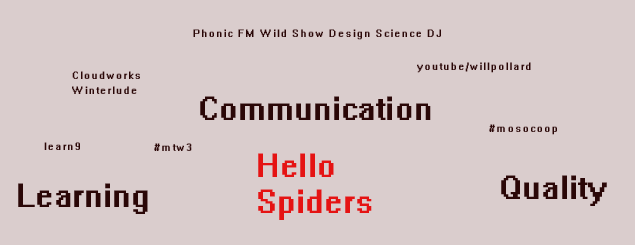Pearson, learning outcomes, Roy Greenslade
Today UK university league tables, yesterday a guide to the FT. Yes, this is another post about the Guardian.
A profile starts with the FT and turns out to be more about Pearson. The FT will become part of the "professional unit" , considered by Roy Greenslade to be oddly named. In a previous blog he explains -
Under the new Pearson structure, the company will be organised around three global lines of business - school, higher education and professional - and three geographic market categories - north America, growth and core.
So this looks like "professional" is a way to describe continuing professional development or adult education or whatever other terms are sometimes used. By the way this is the department some universities have closed down in recent years. I base this on Lancaster and Exeter, not sure what else is happening but the emphasis seems to be on postgraduate fees and research funding.
John Fallon, Pearson's chief executive, said: "This new organisation structure flows directly from the strategy that we set out earlier this year. It is designed to make Pearson more digital, more services-oriented, more focused on emerging economies and more accountable for learning outcomes.
"This is a significant change in the way we run the company that will take time and sustained commitment, but it is one we must make to be able to accelerate the execution of our global education strategy."
So this is an education strategy of which print versions of the FT are a component. "accountable for learning outcomes" seems a bit of an ambition.
Roy Greenslade concludes the profile-
The company's profile speaks for itself. But it is hard to understand why Fallon has decided to yoke it, under his restructure plan, with Pearson's global English learning business and its electronic testing business. The likely synergies between those businesses are, as yet, unclear.
Maybe it would help if there was a section on a Saturday that covered both media and education. I'm, not sure Roy Greenslade is fully aware of what is happening with learning and the Web.
Then today we get the university league tables and I try to find out how the OU is doing. Nowhere at all. How can this be? Google search reveals a comment on the OU site.
Unfortunately, many of the criteria on which unis are judged do not apply to an open learning university, whose students are not on campus Nor do our students come through UCAAS, which is another important part of the equation.
It's something the OU has raised time and again with those media that publish league tables, and we will continue to do so. In the meantime, if you are looking for evidence to use with employers how about the fact that 75% of FTSE 100 companies sponsor their staff on OU courses. Many of the biggest international names are among the 30,000 companies that have sponsored OU students. That's a pretty powerful vote of confidence.
__________________
Jane Matthews
Platform home team
And another thing. I can't find anything in the Guardian survey about use of technology or forms of blended learning. There is a comment from Peter Scott objecting to market forces. Previously he wrote about academic publishing and mode two knowledge without fully exploring the potential as far as I could make it out. Will journals really continue in language and format as if they were still paper even though they are digital? It used to be possible to visit a university library and look at print journals. Still possible with a guest username and password but not that direct. The content of journals seems to be getting less easy to understand from a practice point of view. ( Maybe I just have less energy)
Anyway, I think the FT and Pearson may be on to something. The Guardian may well publish a story about a MOOC which is more or less positive.
But maybe not soon, and probably not on a Tuesday.
